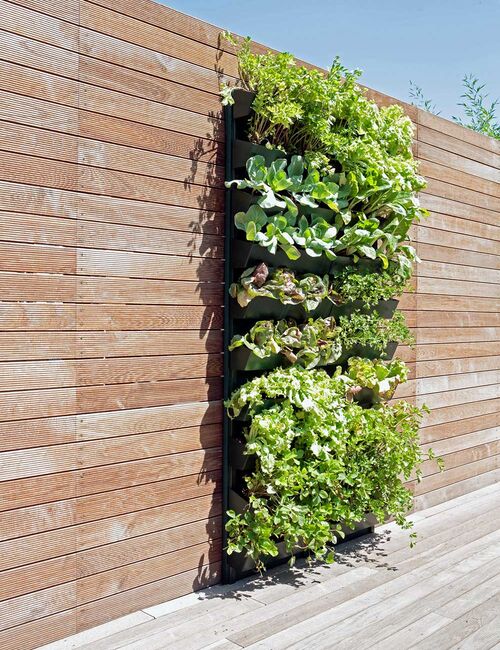
HUMAN-NATURE RELATIONSHIP: A COMPLICATED AFFECTIVE BOND
"Nature! We are surrounded by her and locked in her clasp: powerless to leave her, and powerless to come closer to her. Unasked and unwarned she takes us up into the whirl of her dance, and hurries on with us till we are weary and fall from her arms...
...We live in the midst of her and are strangers. She speaks to us unceasingly and betrays not her secret. We are always influencing her and yet can do her no violence..."
To a modern reader it may seem strange and perhaps anachronistic to find some fragments of a poem written in 1781 by Georg Christoph Tobler or by Johann Wolfgang von Goethe (the attribution has never been clarified!) In an article that talks about the relationship between Nature and Humans, moreover published on a blog of a company that deals with the design and implementation of green solutions and services related to the plant world.
However, we at VERDE PROFILO want to look beyond this. With an open mind we are able to intuit the extreme relevance of this poem because it refers in a crystalline way to our relationship with Nature which is still divided between admiration and fear, fascination and mystery, contemplation which, despite the advanced technologies and multiple scientific studies and discoveries of our times, is still characterized by a lot of misunderstanding.
Two aspects have certainly changed since the time of Tobler and Goethe: today most people now live far from any natural context or are completely detached from it; moreover, in just two and a half centuries (since the beginning of the Industrial Revolutions) we have managed to permanently and irreversibly change the natural environment and this distinguishes us from all other living beings on earth. These changes often have serious effects on ecosystems, and consequently also on mankind.
However, let's take a step back! We human beings belong to Nature. We need Nature to live. We need oxygen to breathe, water to hydrate us, food to nourish us, a climate that is neither too hot nor too cold to guarantee essential bodily functions. We distinguish ourselves from other living beings, not only because we are able to think about our past, present and future, ask ourselves about how the world works and who we are, but also about how to intervene on Nature. We are creative beings, we develop ideas, plan projects and discuss how to achieve our goals. We have developed different cultures with their own rules and invented numerous solutions to make our lives easier. We humans affect the earth more than any other living thing. We modify Nature! We build huge cities and gigantic road and rail mobility infrastructure plants, we deforest entire areas, we extract huge quantities of oil, gas and fossil fuels for our insatiable energy needs.
All this enables us to live in a more comfortable way, but the price is high, because the consequences of our actions often have serious effects on the natural environment, on the climate, on other living beings and also upon ourselves.
For this reason we have a particular responsibility towards our "Mother Nature."
Many of us are not aware of it or have no interest, because it deals with themes, which if they are not experienced at first hand but only from the screens of our televisions or from our computers, appear too abstract to really involve our consciences.
Today we have an emotional relationship with Nature that could be defined as complicated. At first glance it seems that it is an 'asymmetrical love', where Nature generally does not need Man, and where Man cannot live without Nature. However, if we analyze this relationship more closely, we realize that starting from the Neolithic era (about 14,000 years ago), that is when we humans began to become sedentary and to build the first villages, a relationship was established increasingly 'utilitarian' in a negative sense with Nature which ended up destroying entire ecosystems. We urgently need to learn (again) to respect and love Nature!
We can do a lot: for example, we could begin to fill the interior spaces in which we live, work, play, study and heal, with plants and flowers. Even green outdoor environments reserve multiple health and psychophysical wellbeing benefits for us. If we don't know where to start, we can turn to the green experts. Why not create our own garden where you can grow and have fruit and vegetables at your fingertips and at zero kilometres distance?
Small gestures will make us feel less "strangers" every day in the face of Nature and its phenomena!
- - -
Bettina Bolten, Biophilic design consultant





















